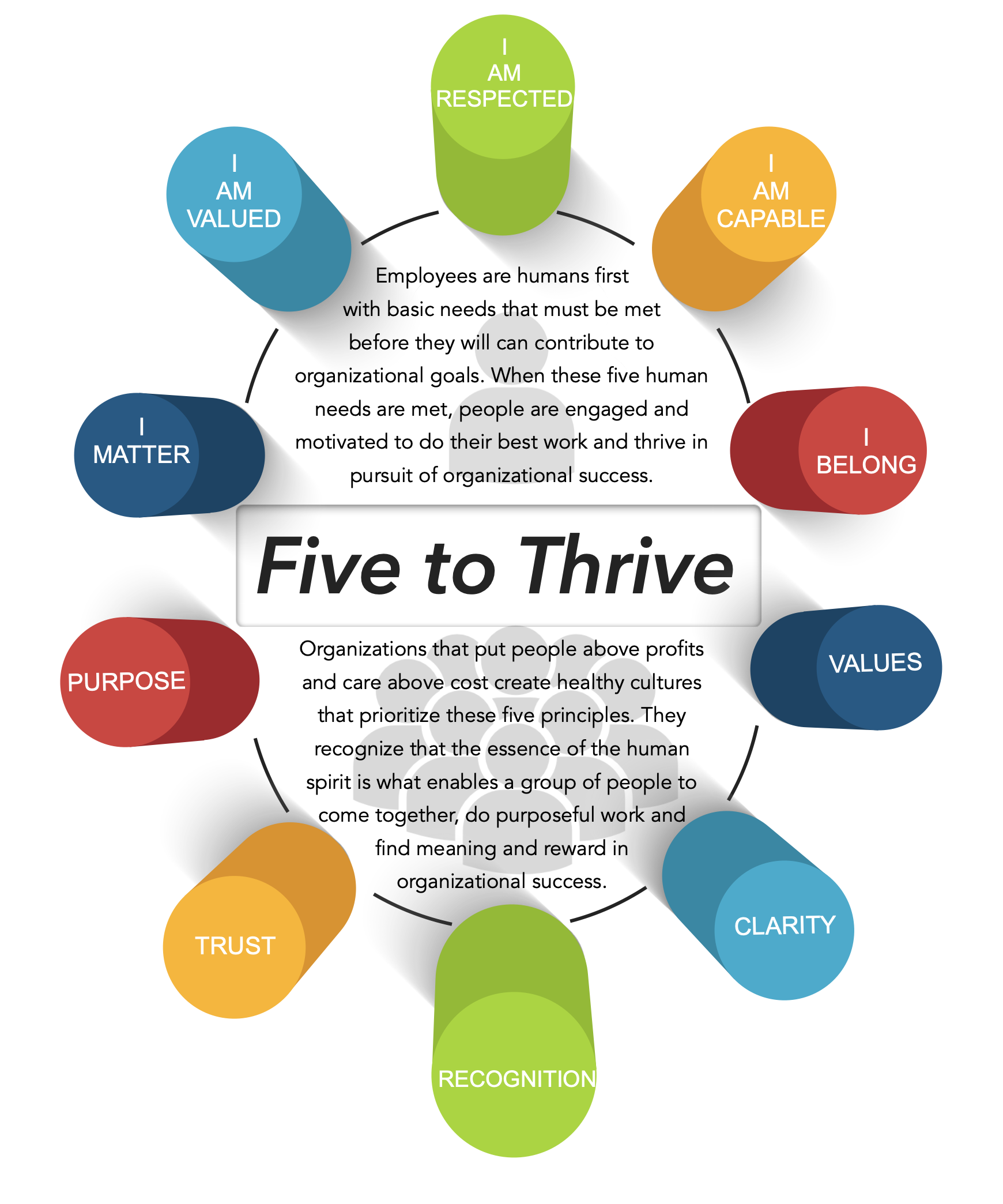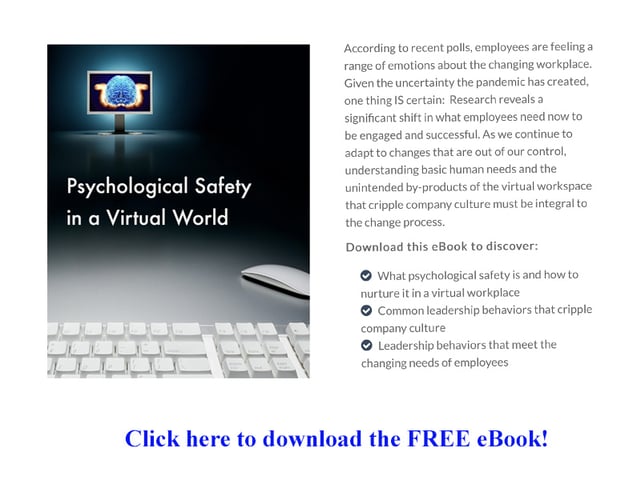What defines a healthy organizational culture? In survey after survey, leaders answer that question much differently than their juniors. Perhaps a better question is what elements of company culture are the most important to employees?
It's no secret that there is a competitive war for top talent right now. Across industries, leaders agree that one of their toughest challenges is attracting and retaining talent in this era of the Great Resignation. While leaders are focused on employee retention, the research is clear: employees are evaluating the culture of companies they decide to leave or join.
Culture is more than all-you-can-eat cereal bars, ping pong tables, and Frisbee Fridays. It isn’t what is written down in the employee handbook or posted on the wall in the break room.
Whether it’s putting people over profits, adopting an “open to change” philosophy, prioritizing learning and collaboration, or building an organization with a growth mindset, a healthy company culture does more than create a pleasant work environment. It also helps attract and retain the kind of job candidates will help the organization grow and continue to succeed.
In a Glassdoor Mission & Culture survey completed by over 5,000 adults in the U.S., U.K., France, and Germany. 77% of adults consider a company’s culture before applying. What’s more, 65% of employees said that company culture is one of the main reasons they would stay in their job and 71% of employees would look elsewhere if their current company’s culture deteriorated.
Another study found that the strongest predictor of employee satisfaction is company culture and values followed by quality of leadership (second predictor) and career opportunities (third predictor).
In any place of business, a great company culture should be the foundation upon which employees develop and thrive. An organization’s culture encompasses the values, ethics, norms, and behaviors that impact everything from its public image to employee engagement and retention. And yet, with all of the emphasis on company culture, there is one aspect that is often overlooked. Companies with a healthy culture have highly engaged employees, positive workplace morale, and collaborative team dynamics – all of which respects, acknowledges, and inspires individual contributions.
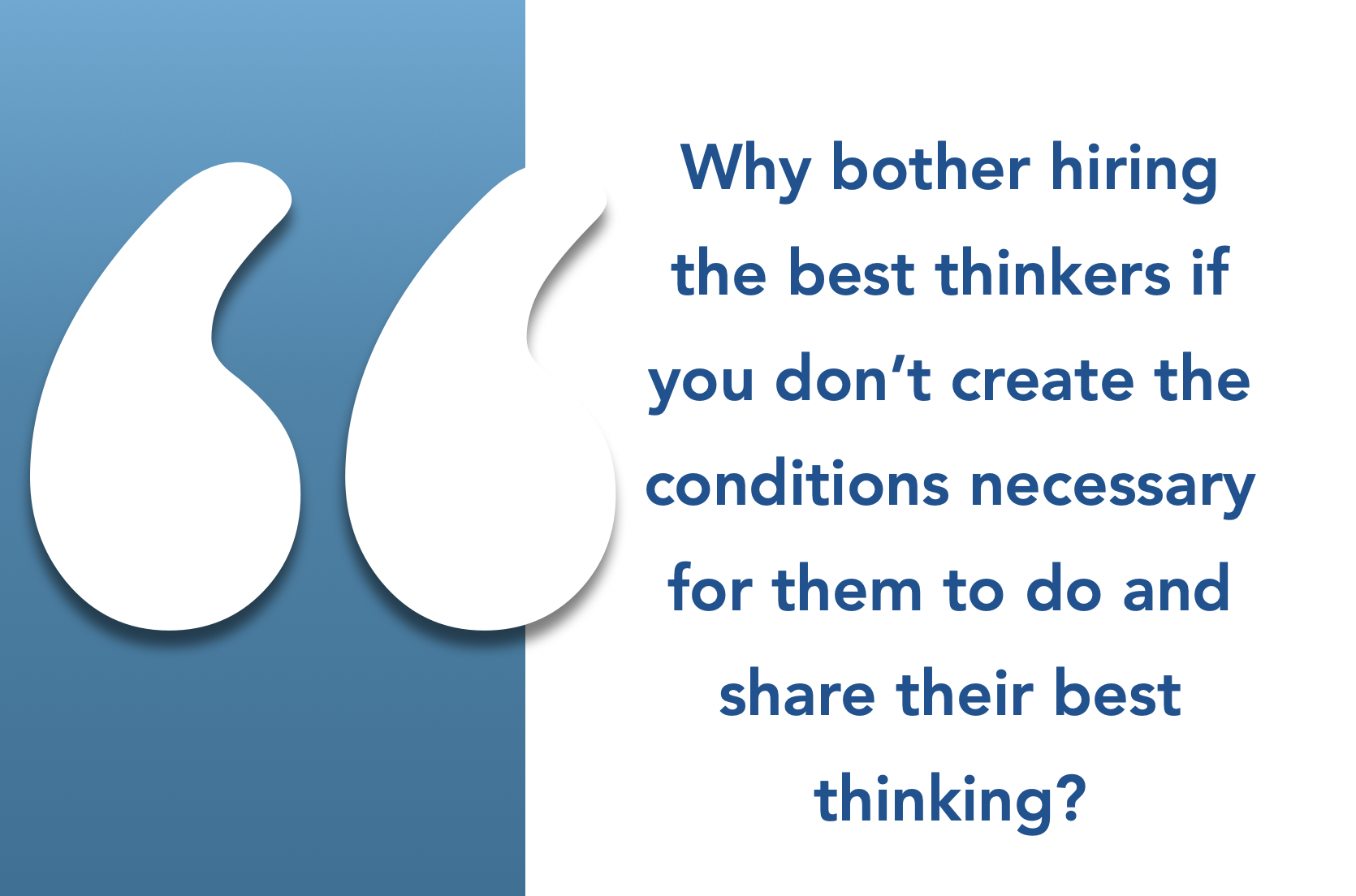
Merriam-Webster Dictionary defines contribution as the giving or supplying of something that plays a significant part in making something happen. In the workplace, the most engaged employees are those empowered to contribute – those who feel respected for their skills, talents, and experience, those who are treated as valued members of the team.
If you peek Inside the Brains of Engaged Employees, you'll find a surge of positive neurotransmitters that actually facilitate activity in the prefrontal cortex - the brain region responsible for all of the higher level executive functions. A wealth of research shows that human motivation is fueled by how deeply we feel connected to our work and the degree to which others value our contributions. The more we are able to contribute, the more valued we feel, the better the brain works.
In a 2021 MIT Sloan Management Review study, researchers sought to determine what aspects of company culture were most important to employees.
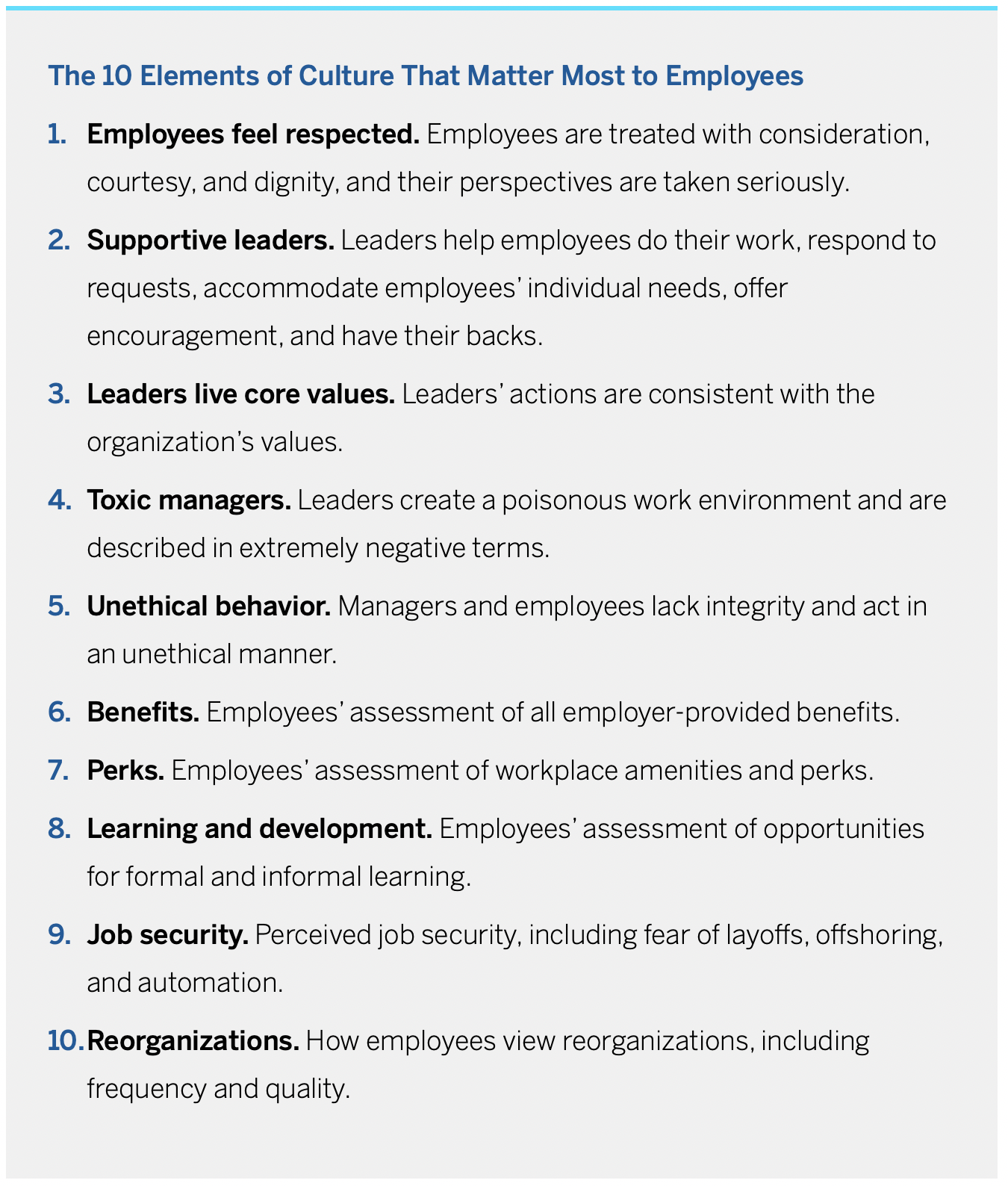
The MIT Sloan Management researchers went a step further to identify the factors that predict whether employees “love or loathe” their companies. The chart below represents each topic’s relative importance in predicting a company’s culture rating. For example, how respected employees feel is 18 times more powerful a predictor of a company’s culture rating compared with other aspects of culture.
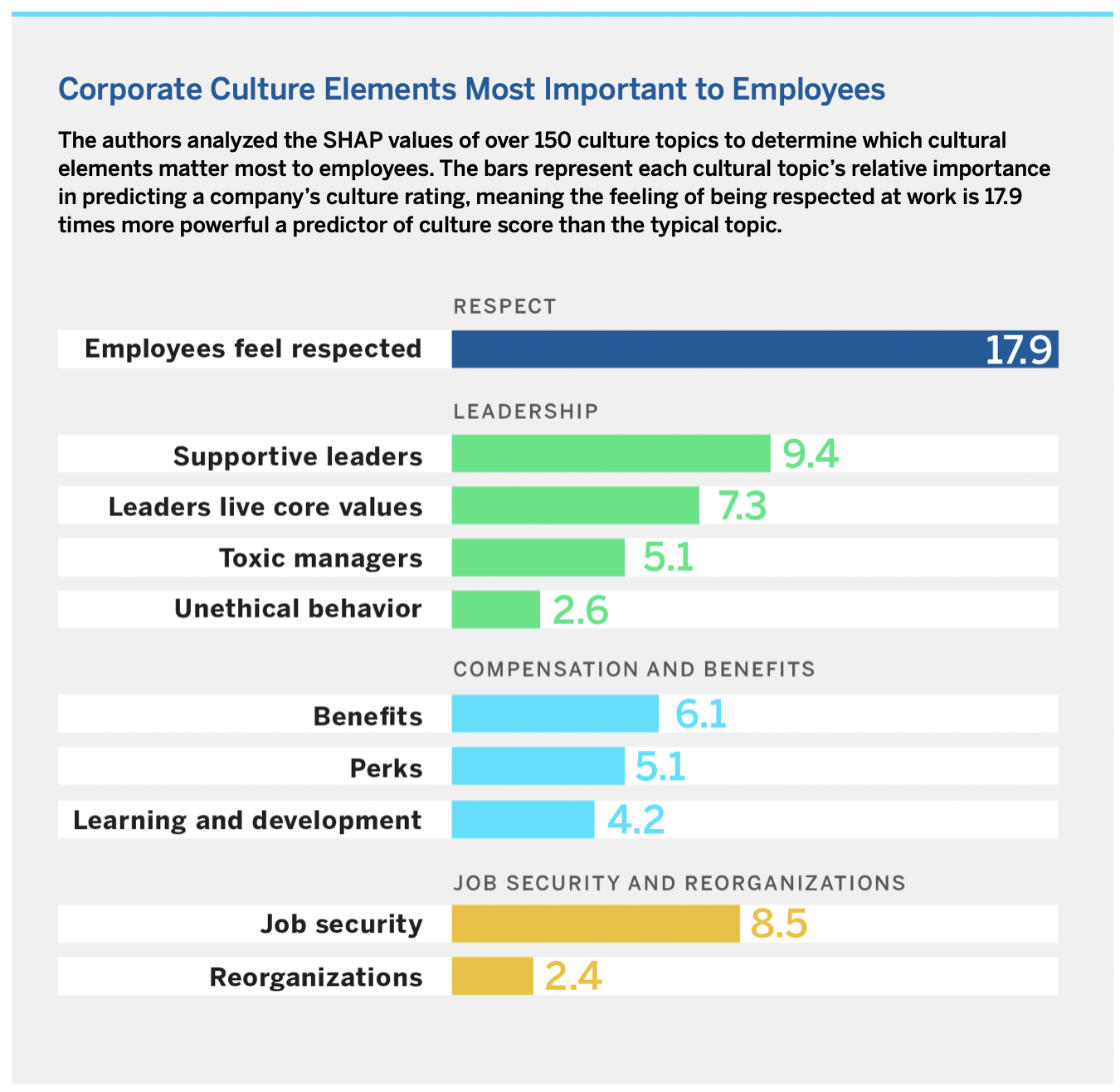
Culture is not what people say about your company; it’s not even how people feel about your company. It’s how they feel about their role in the organization and their ability to contribute to the mission of the organization.
Do people feel their work matters?
Are they making a difference for the organization?
Are they respected for their contributions?
Are they empowered and inspired to grow, be creative, and challenge the status quo?
Culture is the sum of all the formal and informal systems, behaviors, norms and values that create the employee experience. Simply, organizational culture defines how work gets done… and it has a direct impact on how the outside world perceives your brand.
